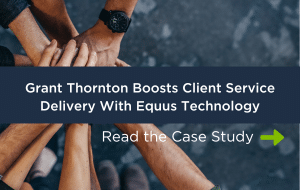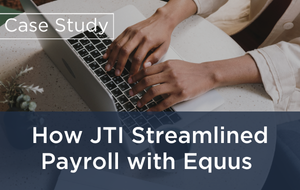In these uncertain times, businesses are reminded of the need for contingency planning, to mitigate risk and meet their duty of care to employees. Companies must have clear and robust accountability and decision-making protocols in place to be able to respond quickly and effectively.
The creation of an Incident Support Team (IST) – composed of lead personnel from corporate security, occupational health, HR, finance, facilities management and Global Mobility – is an important part of this.
Identifying those impacted

The first step in any plan is to be able to identify those affected by an incident. However, this can be a challenge in global organizations with large numbers of employees traveling domestically and internationally.
Being able to access live and comprehensive travel data is therefore a key first step. Many organizations are integrating their booking systems with traveller tracking tools, such as Equus’ PinPoint, to allow for instant reporting and alerts. Using this data, employees can be contacted to check on their welfare in the event of an incident, or forewarned of potential risks ahead of travel.
The assignee challenge
Project workers and international assignee populations can pose greater challenges. Unlike business travelers who can often cut short their trip and return home with little inconvenience, project workers and assignees can have far deeper ties in the host country. Children may be settled in schools, possessions may have been shipped halfway around the world, and new personal relationships may have been formed in the host country.
Contingency planning exercises should take all of these factors into account. It isn’t easy, but it’s a necessary and worthwhile investment of time.
Reliable, real-time data
Core to providing this ongoing duty of care to mobile employees is having up-to-date and reliable data. Assignment management technology such as Equus’ AssignmentPro can make this process simple and reliable. From proactively identifying at risk populations and modelling costs for any mitigation, to creating dashboards and processes that can be used in an incident to identify, contact and assist impacted assignees and their dependents.
Business should expect the ability to instantly report on impacted employees, with immediate access to contact details. But this should also be tempered by the need for security and privacy – data should be available to the right people when they need it, with access otherwise restricted.

Looking back to my in-house mobility days, there were a handful of times when it was critical to contact all the company’s mobile employees in a location within an hour of an incident occurring. This was only achieved because we had the right software and plan in place to be able to access the information quickly and reliably.
In times of crisis, stress and worry will be a reality for all concerned. Contingency planning, with well tested procedures that are supported by technology, can help mitigate the impact to the business and support employees when they need it most.
Visit our website to find out how our mobility tools such as AssignmentPro and PinPoint can help your organization deliver effective crisis management.













